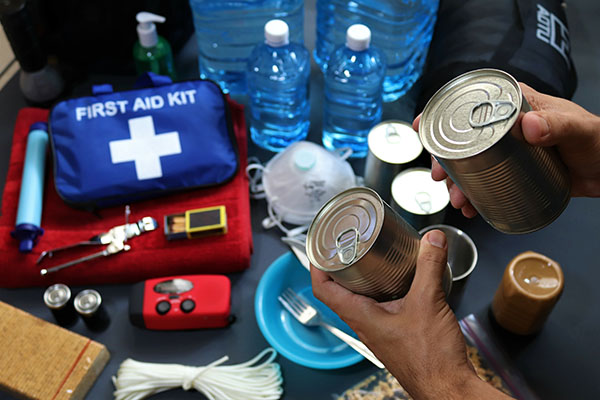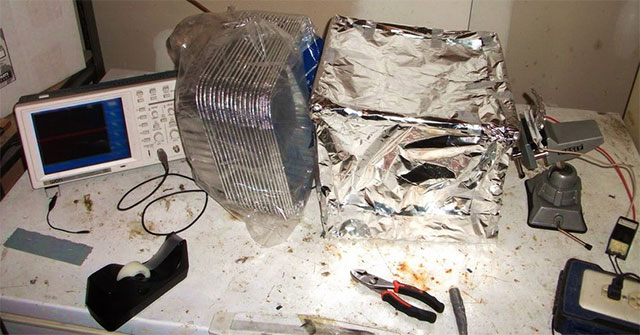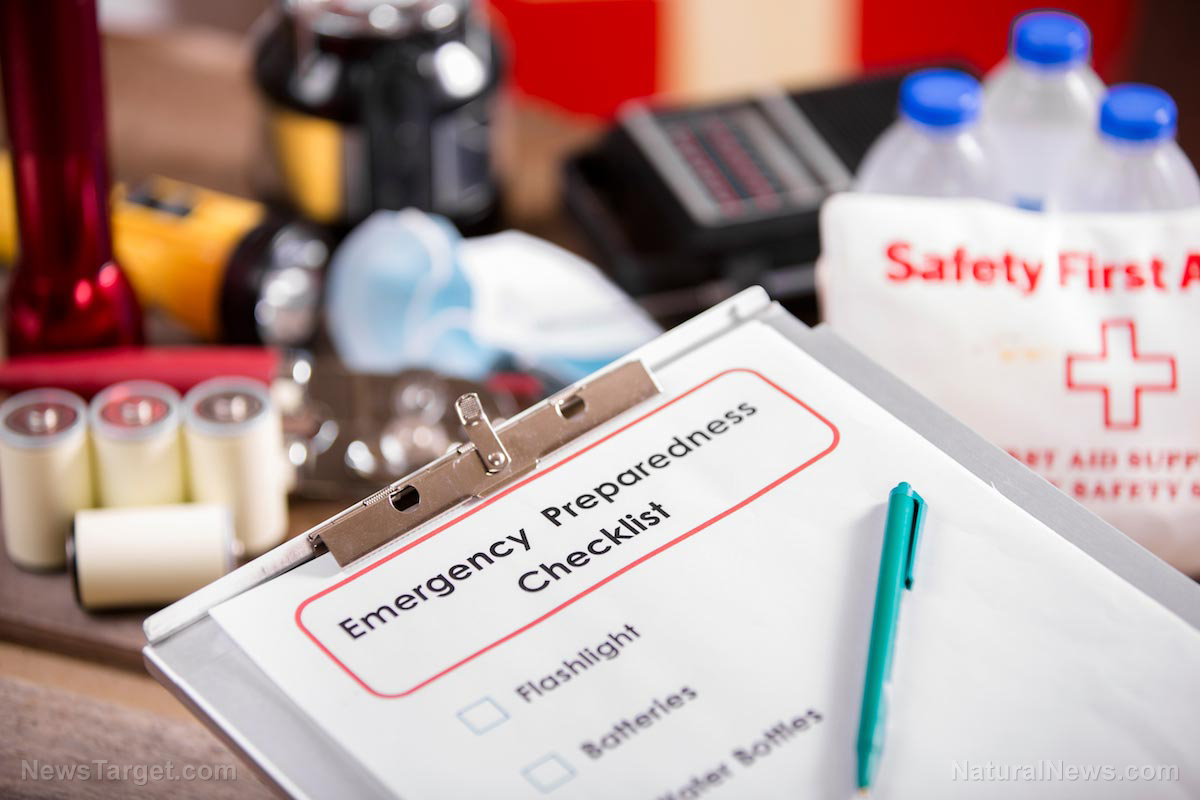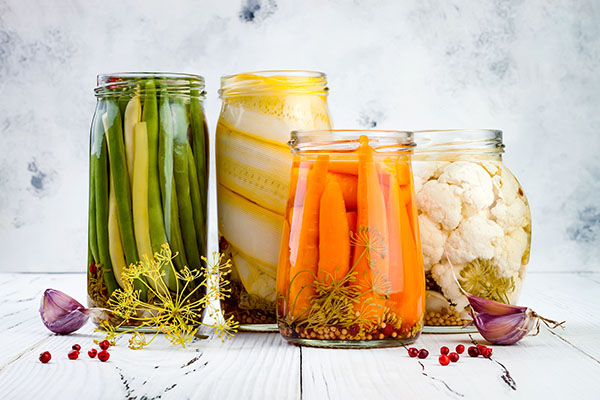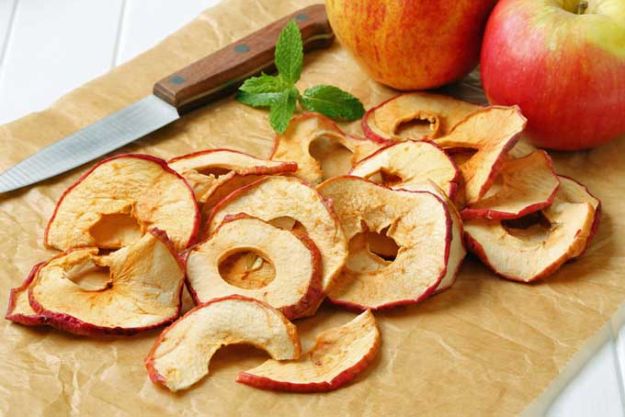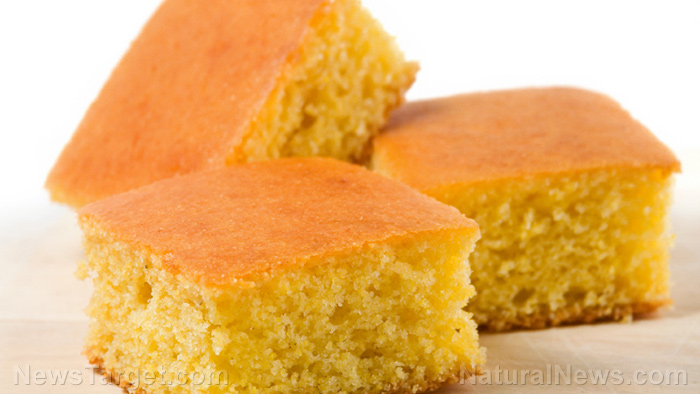Backyard prepping: Surprising ways to supercharge your garden using household items
08/01/2024 / By HRS Editors
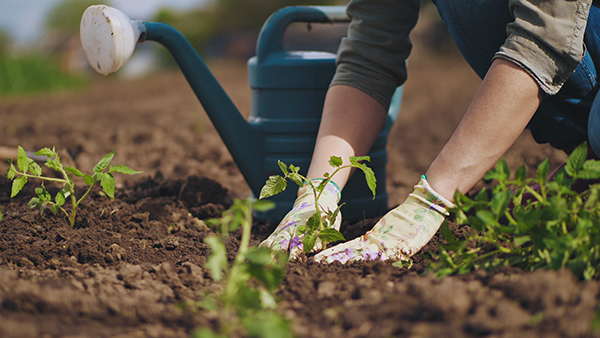
Having a home garden is a great idea if you want your family to have access to fresh, healthy and organic fruits and vegetables. To ensure healthy crops, try surprising but efficient ways to use household items that can supercharge your garden, such as making DIY fertilizer. (h/t to MindfulOfTheHome.com)
Try the suggestions below to ensure that your home garden thrives without the use of harmful pesticides and fertilizers.
Non-toxic soil boosters
Boosting soil health is crucial if you want to unlock the full potential of a sustainable home garden.
Soil does most of the heavy lifting in a garden because it directly influences plant health and growth. This is why you should learn how to nurture and enrich garden soil.
If you’re a beginner, you can boost soil fertility by incorporating compost.
Compost is a “nutrient-rich organic matter” that helps improve soil structure. Compost also helps boost water retention and beneficial microbial activity.
To make compost at home, you can collect kitchen scraps, yard waste and other organic materials. Composting is also a good way to reduce food waste.
As a bonus, composting gives you access to an essential soil amendment that can help boost your organic home garden’s productivity.
You can also try vermicompost or worm castings. This potent soil booster is a good source of essential nutrients, beneficial microorganisms and enzymes that boost soil health and plant growth.
Adding vermicompost to garden beds or potted plants in an indoor container garden can also boost nutrient availability and plant resilience.
Aside from compost and worm castings, you can enrich garden soil with natural amendments such as blood meal, bone meal and fish emulsion for an extra nutrient boost.
- As the name implies, blood meal is derived from dried animal blood. It is rich in nitrogen, which stimulates leafy growth.
- Bone meal is full of phosphorus which boosts root development and overall plant health.
- Fish emulsion comes from decomposed fish. It is full of trace minerals and amino acids that support plant health and boost their natural defenses against pests and diseases.
DIY fertilizers
DIY fertilizers are a cost-effective and eco-friendly way to keep your garden healthy. When you produce your own fertilizer, you control the ingredients and eliminate any harmful chemicals or synthetic additives.
Banana peels are a great option because they are full of potassium. Chop up banana peels and bury them around the base of plants that need a boost of potassium.
As banana peels decompose, the nutrients will slowly release into the soil and support plant health. (Related: Home gardening basics: 11 Fast-growing vegetables you can harvest in 2 months or less.)
You can also use coffee grounds as DIY fertilizer because they are rich in nitrogen. When you’re done brewing your coffee, don’t throw away the grounds.
Scatter the coffee grounds around your plants or add them to your compost pile. The grounds will break down over time and enrich the soil with nitrogen.
Eggshells are also great for your DIY fertilizers because they are rich in calcium. Use eggshells to help prevent blossom end rot in tomatoes and provide essential nutrients to other plants that need calcium.
Crush eggshells into small pieces and sprinkle them in the soil around plants or add them to compost. The eggshells will decompose and slowly release calcium into the soil.
Natural pest repellents
Pests can wreak havoc in your garden. Fortunately, you can use effective and natural remedies available to get rid of pests.
One common and potent natural pest repellent is neem oil. The oil is derived from the neem tree seeds.
Neem oil is organic and biodegradable and it is used as a deterrent against various pests like aphids, mites, and whiteflies. Dilute neem oil in water, then spray it on plants to create a protective barrier.
Garlic is also a potent natural repellent. Mix crushed garlic cloves with water and spray it on plants to repel common pests such as aphids, snails and spider mites.
Garlic is effective because it contains sulfur compounds that repel insects.
You can also ensure the success of your home garden by using quality seeds and supplies.
Where to get high-quality tools and supplies for your home garden
The Health Ranger Store is committed to helping you cultivate a healthy garden in your homestead. That’s why we’re proud to introduce a variety of useful gardening tools and supplies.
Our Seed Growing Guide provides planting, growing and seed saving information for every variety of heirloom seeds in our kits. The includes a zone planting map and a seasonal planting chart.
The Guide is also included in our All-in-One kit for free.
Our All-In-One Seed Kit contains heirloom vegetable seeds. These kits are made using nutritiously packed and organically grown seeds.
Each emergency heirloom herb seed kit comes with our seed-growing guide uniquely designed to teach you how to grow and harvest your produce and save your own seeds. The All-In-One emergency seed kit includes seeds for both vegetables and herbs, and it has a total of 50,000 seeds.
Our seed kit contains seeds for various herbs and vegetables such as:
- Arugula
- Beets
- Bell pepper
- Broccoli
- Field corn
- Habanero pepper
- Parsnips
- Radish
- Red onions
- Snap peas
- Spinach
- Sugar Baby Watermelon
- Sugar Pie Pumpkin
- Summer squash
- Yellow or white onions
Visit HomeGardeningNews.com for more ideas on how to start an organic garden. You can also check out Health Ranger Store and Brighteon Store for more supplies for your gardening needs.
Click on this link to learn more about other food items you should stock up on before SHTF.
Watch this clip with tips on how to keep organic tomatoes garden fresh.
This video is from the Marjory Wildcraft channel on Brighteon.com.
More related stories:
The ultimate guide to foods that never spoil: Long-lasting prepping pantry staples.
Unlock the power of sprouting and enjoy the benefits of growing your own food.
10 Medicinal plants you should have in your home garden.
8 Edible plants to look for when you go hungry in the DESERT.
Sources include:
Submit a correction >>
Tagged Under:
backyard gardening, composting, DIY fertilizers, emergency food, emergency preparedness, food freedom, food supply, gardening, gardening tips, green living, home gardening, homesteading, how-to, off grid, organic farming, pest repellents, preparedness, prepper, prepping, prepping supplies, prepping tips, SHTF, soil boosters, survival, tips
This article may contain statements that reflect the opinion of the author
RECENT NEWS & ARTICLES
EmergencyFood.News is a fact-based public education website published by Emergency Food News Features, LLC.
All content copyright © 2018 by Emergency Food News Features, LLC.
Contact Us with Tips or Corrections
All trademarks, registered trademarks and servicemarks mentioned on this site are the property of their respective owners.




